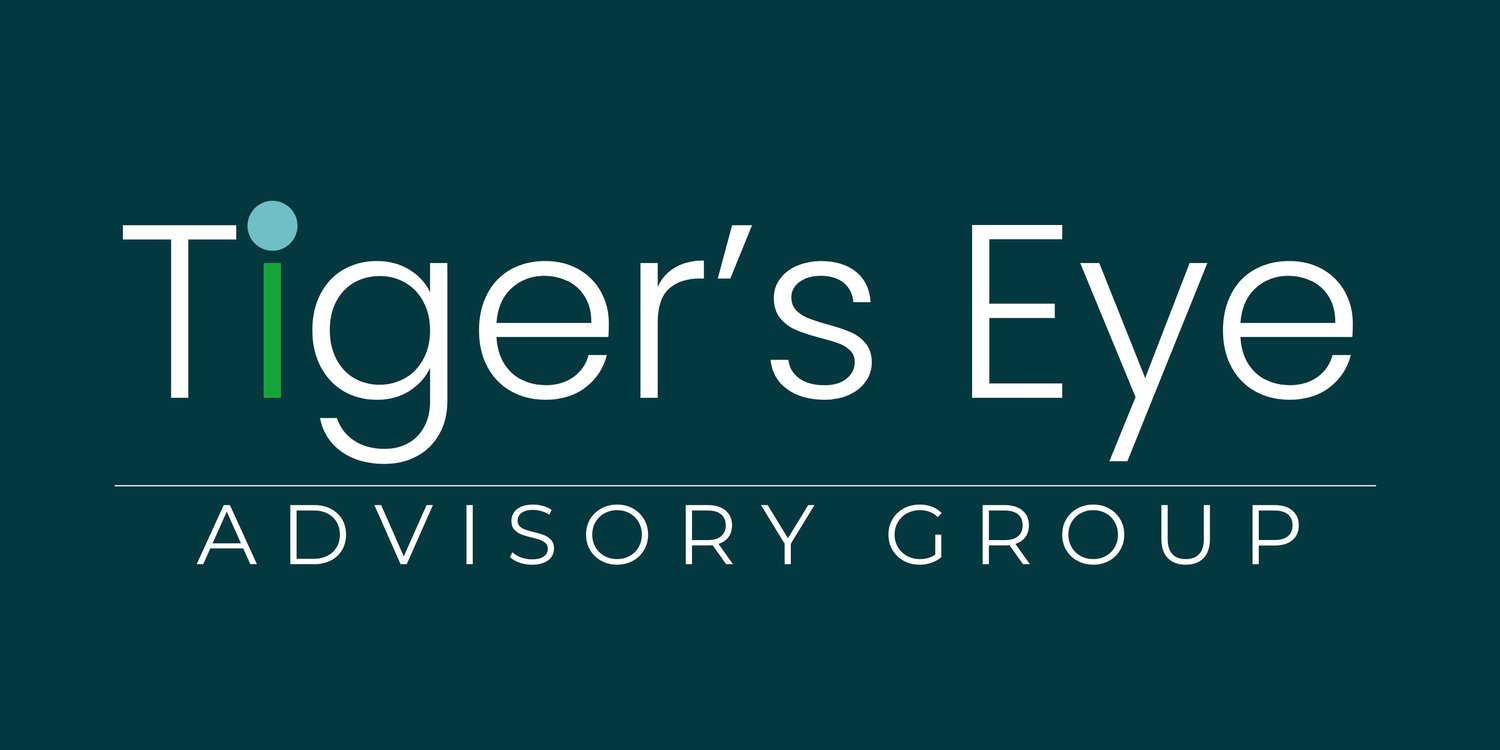The Power of Communication: Why It's Crucial for Your Organization's Success
In today's fast-paced, interconnected world, effective communication has never been more vital. Whether in a boardroom, a team meeting, or in front of an entire conference room, the ability to convey ideas clearly and persuasively can make or break an organization’s success. Communication isn't just about speaking—it's about connecting. Connecting to your audience, your message, and your mission is what truly elevates an organization, and mastering this skill is essential for leaders at every level.
One of the most powerful tools in communication is storytelling. As someone with years of experience as a presenter, I always emphasize the importance of storytelling in leadership. It allows leaders to transcend technical jargon and speak from the heart. By weaving personal stories into professional lessons, leaders can foster connection and empathy, making their messages resonate with authenticity. Storytelling also helps leaders make complex ideas relatable, bringing clarity and humanizing concepts that might otherwise feel abstract or distant.
Effective communication requires more than just delivering a speech; it requires engaging an audience in meaningful dialogue. Having spent years working with various organizations, from municipal governments to corporate settings, I've learned how essential it is to tailor presentations to meet the specific needs of diverse audiences. The best communicators listen first and adjust their message based on the needs of the room, ensuring that their message hits home and that the audience feels heard and understood.
For leaders, one of the greatest benefits of effective communication is the ability to provide actionable insights that lead to change. Communication isn’t just about inspiration—it’s about giving people the tools they need to act. Whether discussing leadership principles, diversity and inclusion, or team dynamics, it’s crucial to offer clear strategies and practical steps that can be applied immediately to improve outcomes and drive positive change within an organization.
As you work to improve communication within your own organization, consider these key tips:
Listen actively: Communication is a two-way street. Prioritize open dialogue and listen with the intent to understand.
Be authentic: Genuine communication builds trust. Speak with purpose and authenticity to create lasting connections.
Tell stories: Personal anecdotes humanize your message, helping others relate to complex ideas and concepts.
Foster inclusivity: Encourage diverse perspectives in conversations. Different viewpoints lead to innovative solutions.
Follow-up consistently: Communication doesn’t end after the conversation. Ensure continued dialogue to reinforce key messages and commitments.
Effective communication can transform your organization, creating a culture of connection, trust, and action. By honing this skill, your leaders and teams can navigate challenges, build stronger relationships, and inspire the kind of change that leads to sustained success. By hiring me as a speaker, you’re choosing someone who understands that communication isn't just about talking—it's about creating lasting connections that inspire action. Let’s work together to ensure your organization’s message lands with the impact it deserves.
